Problem-Solving Skills Normal Worksheets for Ages 3-9 - Page 5
119 filtered results
-
From - To
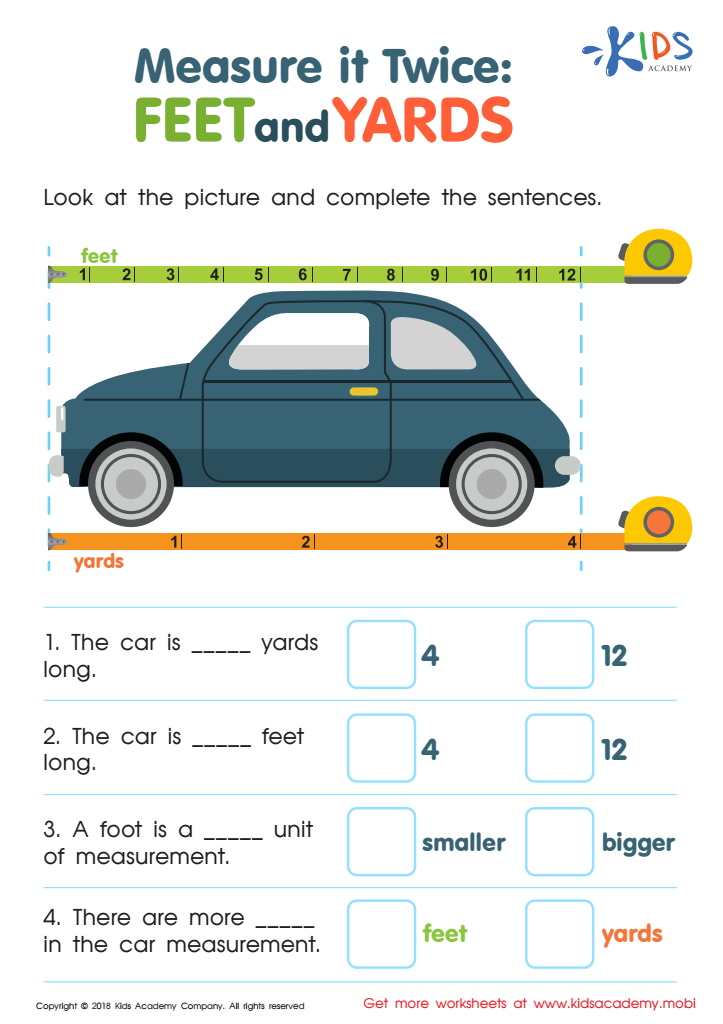

Measure It Twice: Feet and Yards Worksheet
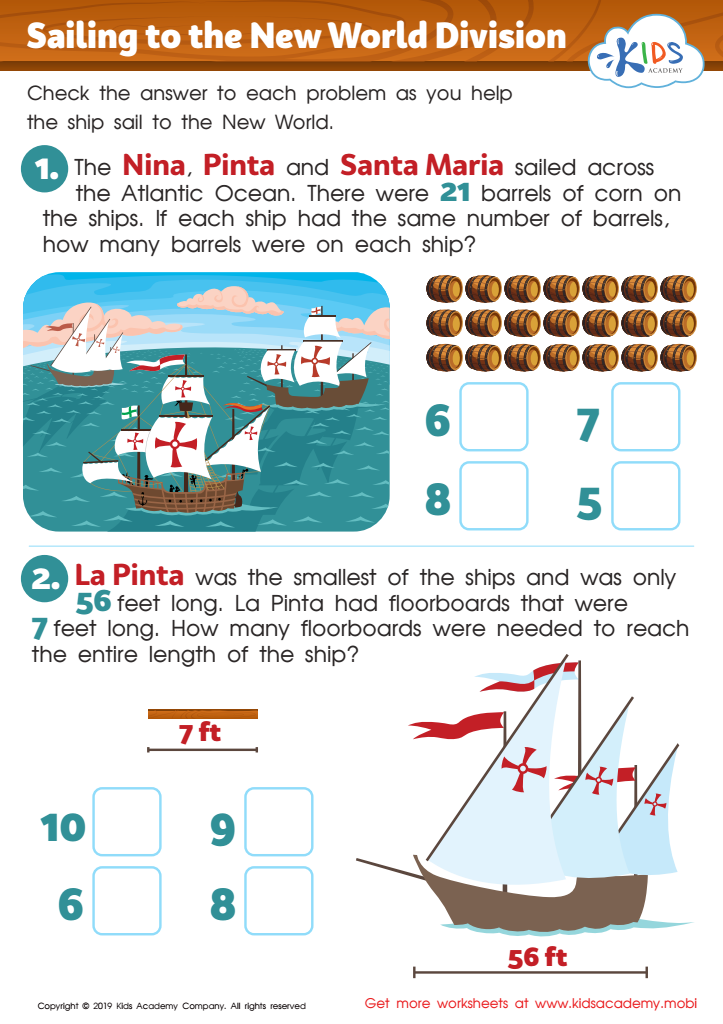

Sailing to the New World Division Worksheet


Multiplying with Betsy Ross Worksheet
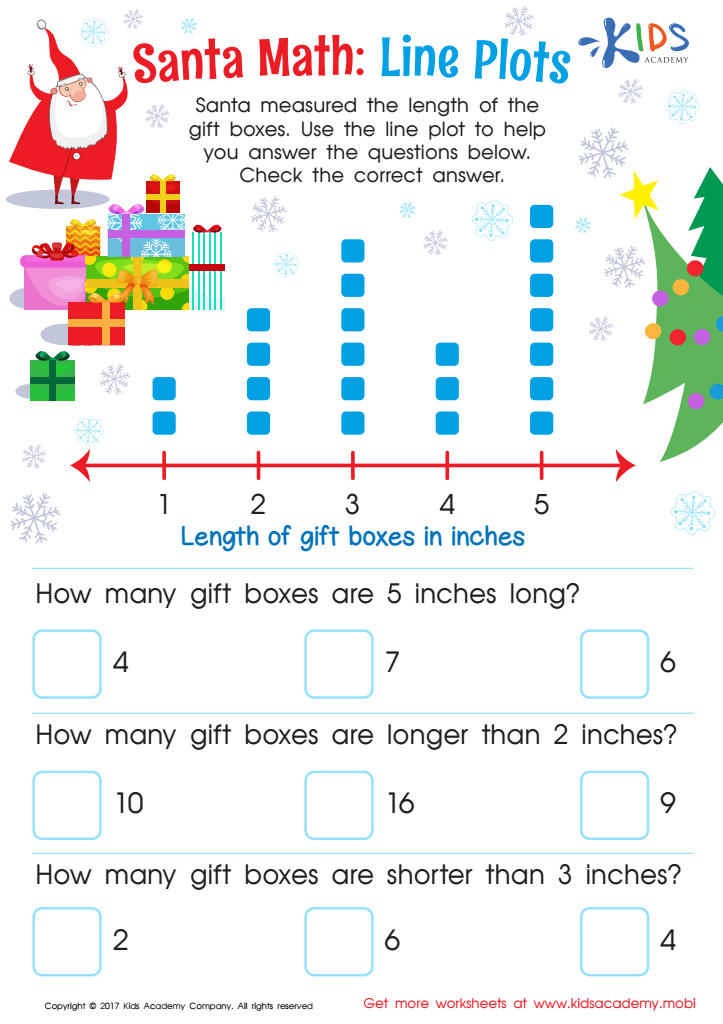

Line Plot Worksheet
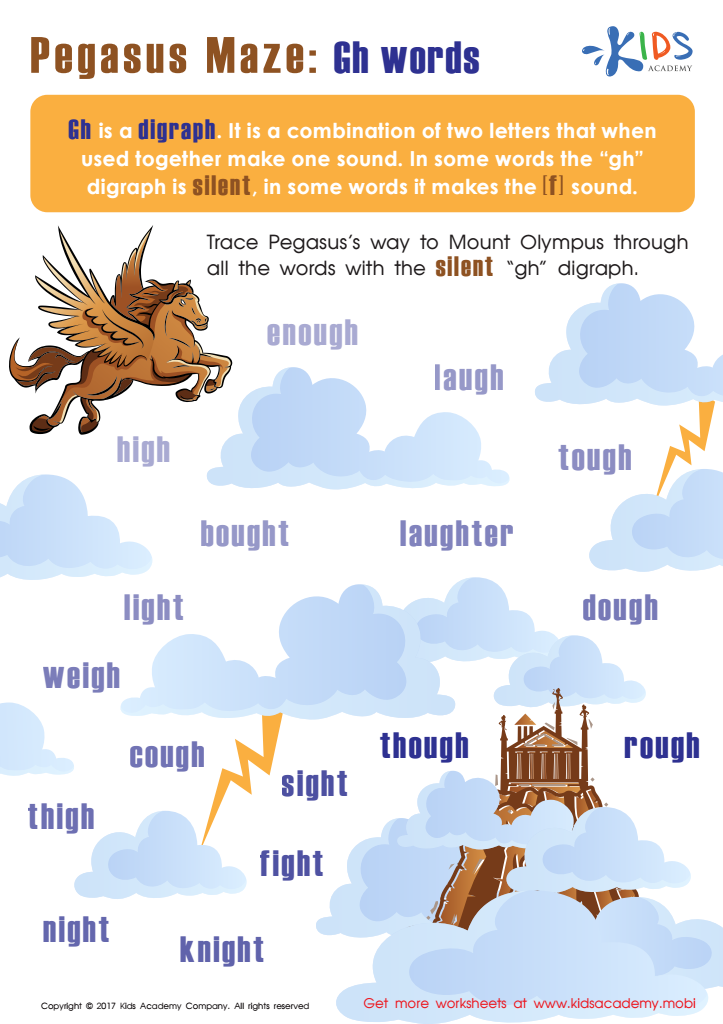

Pegasus Maze: GH Words Worksheet


Towns Worksheet
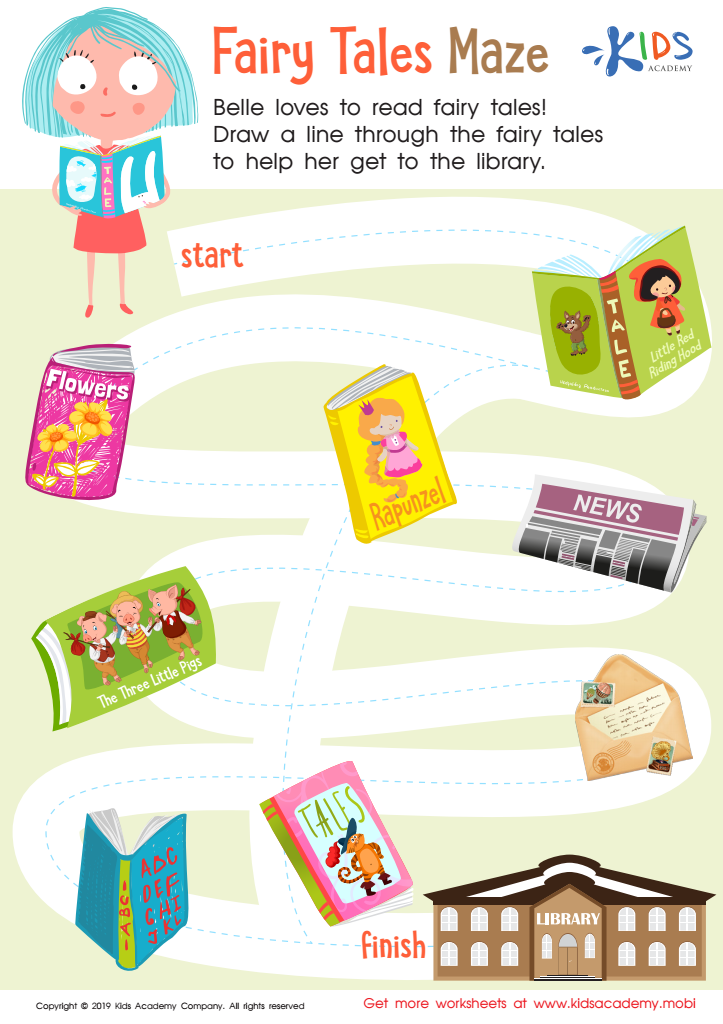

Fairy Tales Maze Worksheet
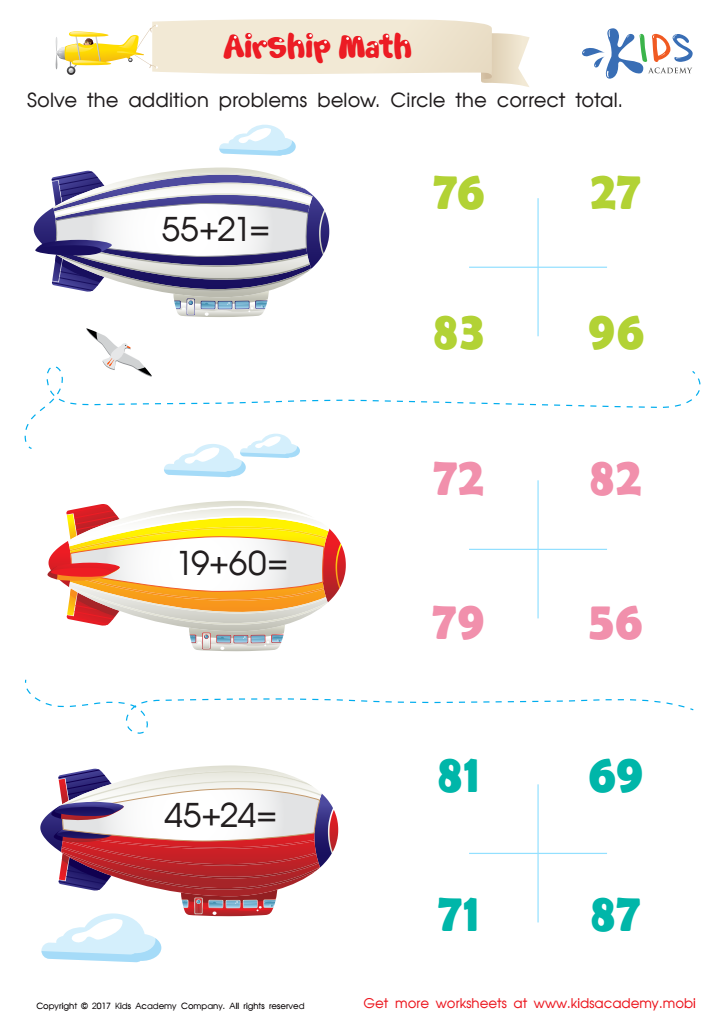

Airship Math Addition Printable
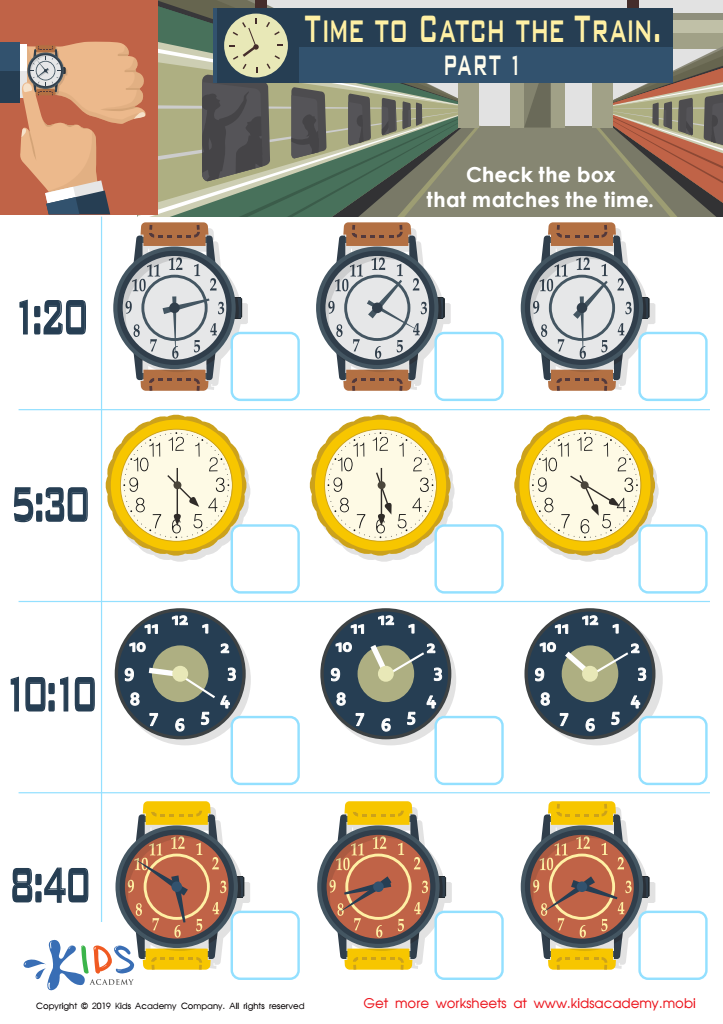

Time to Catch the Train Part 1 Worksheet
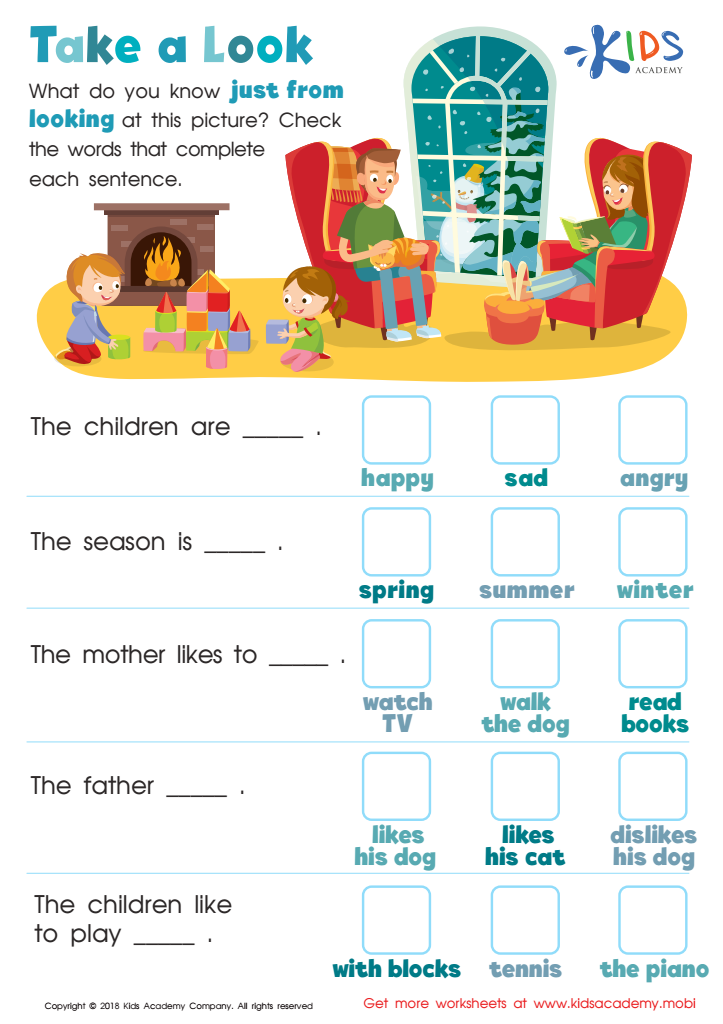

Take a Look - Part 1 Worksheet
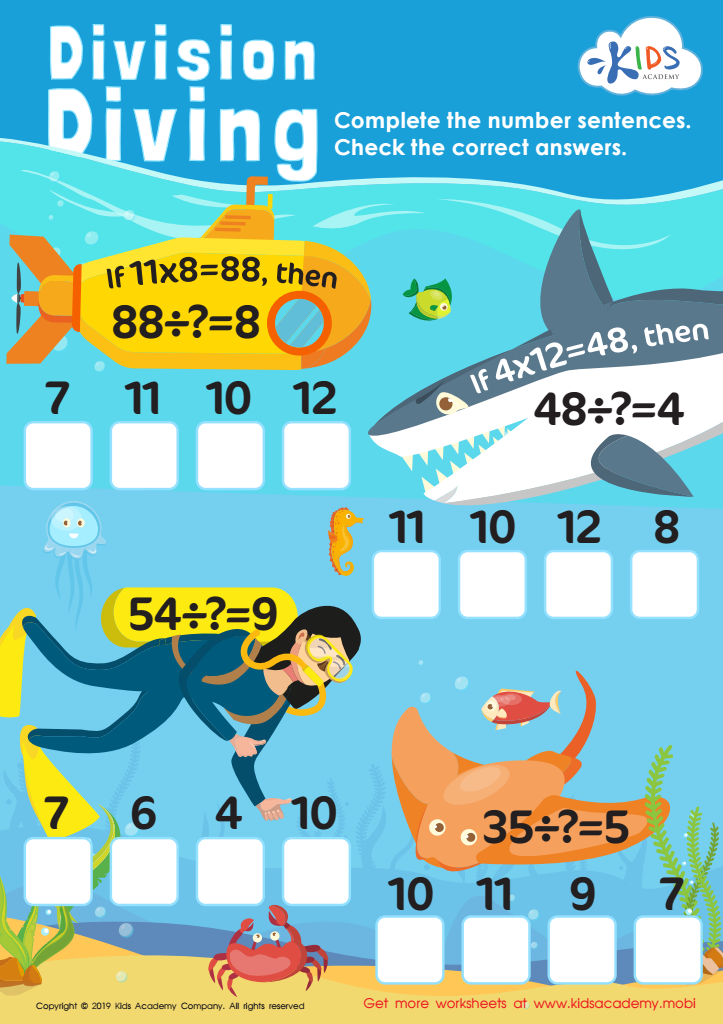

Division Diving Worksheet
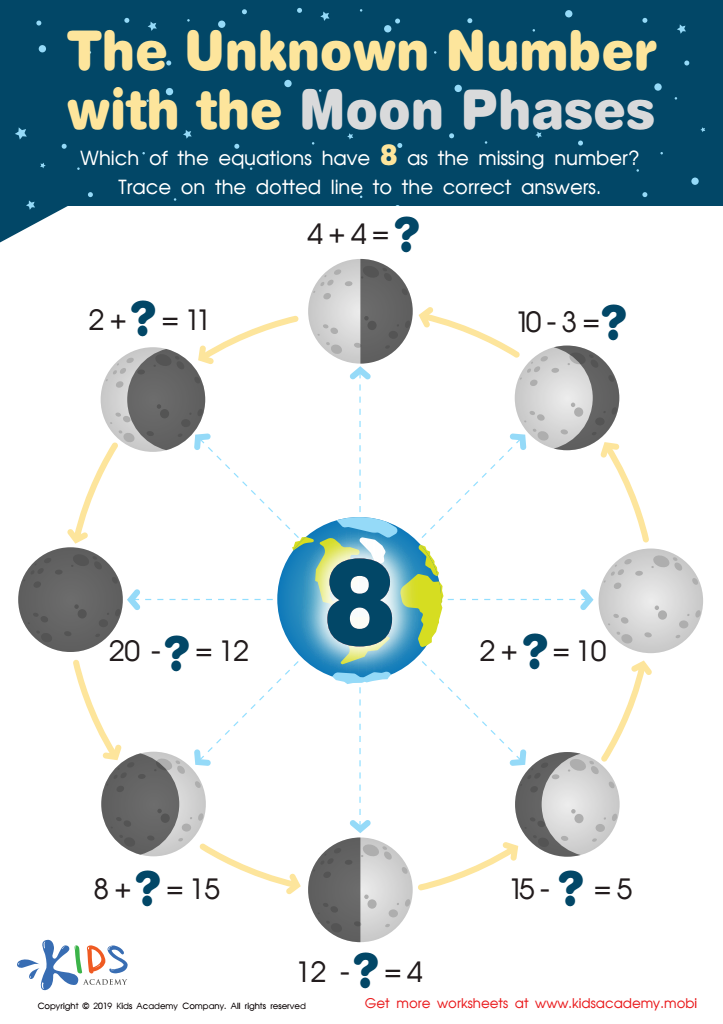

The Unknown Number with the Moon Phases Worksheet
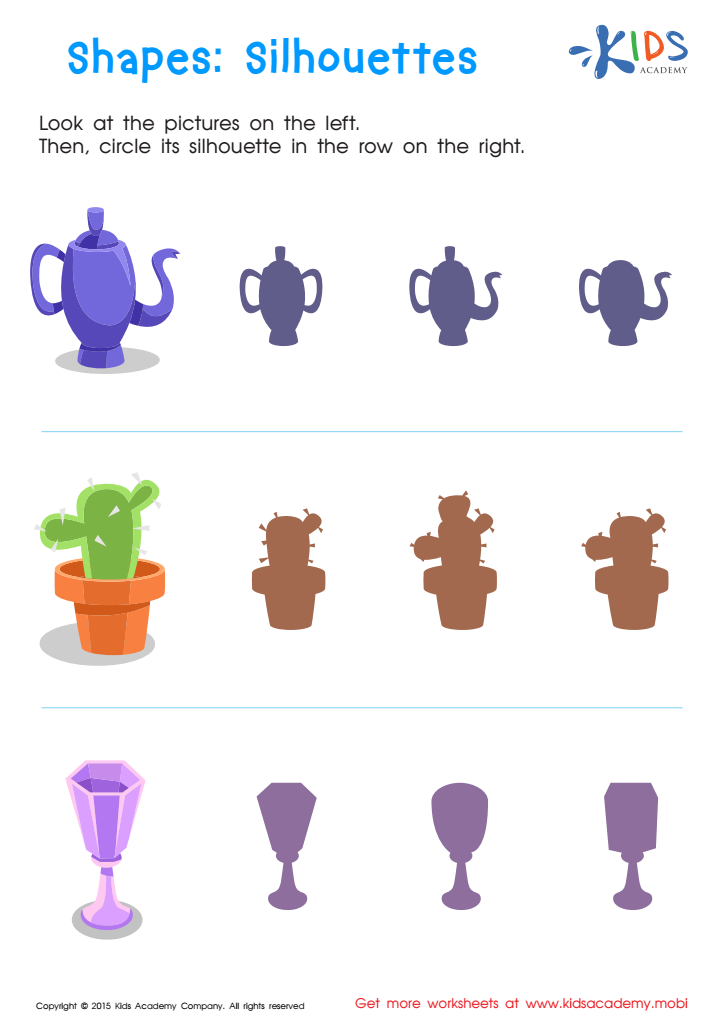

Silhouettes – Shapes Worksheet
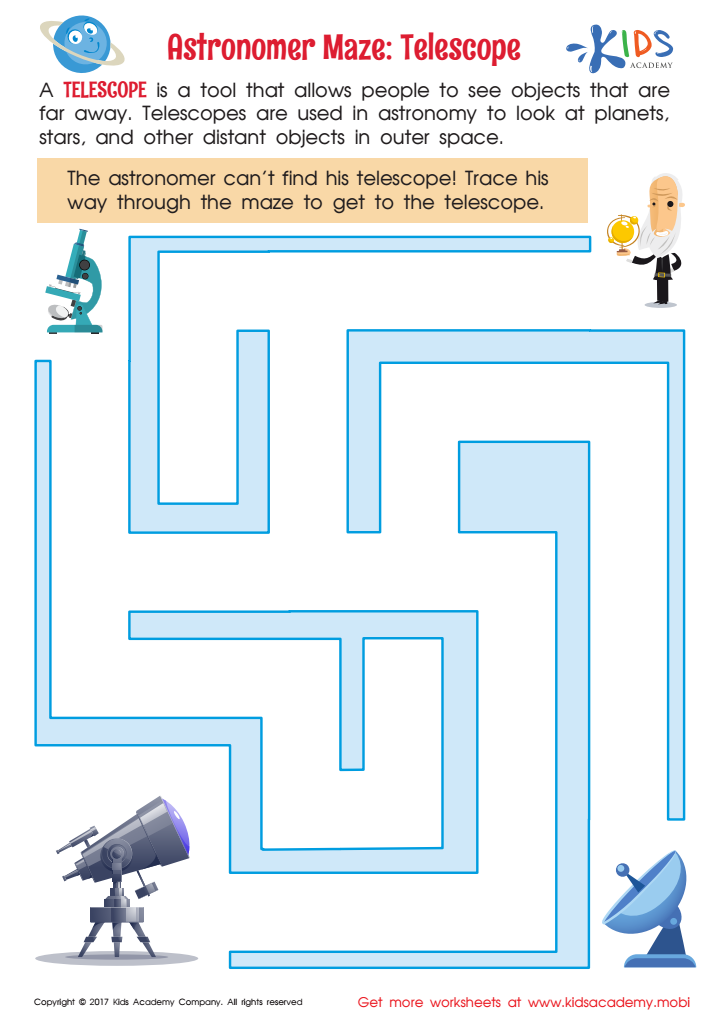

Astronomer Maze: Telescope Worksheet
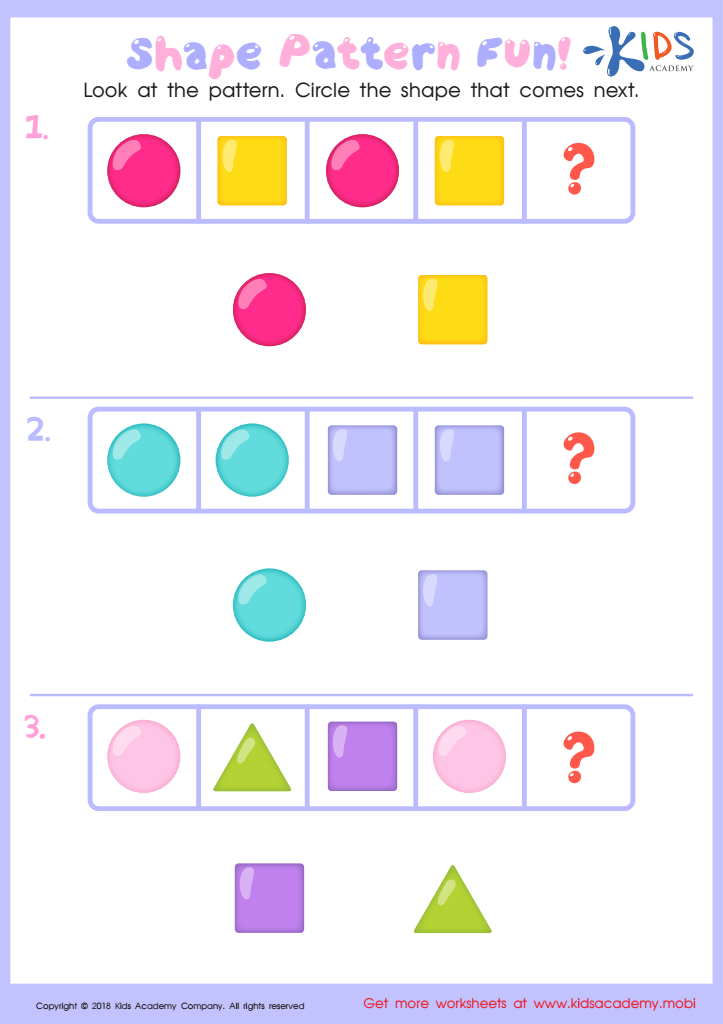

Shape Pattern Fun Worksheet
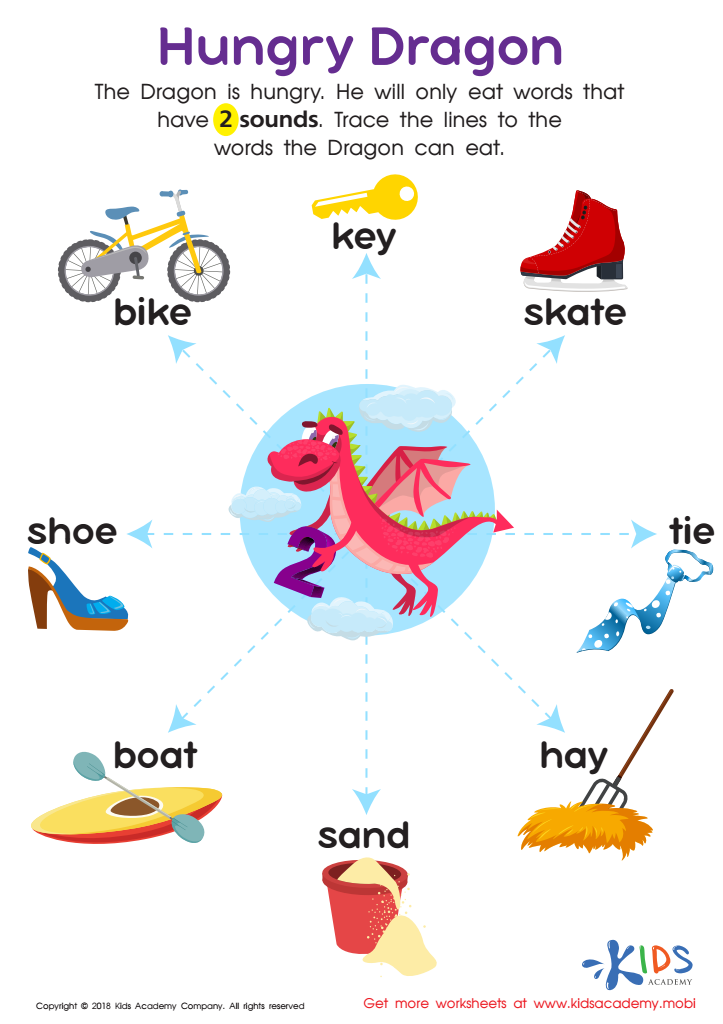

Hungry Dragon Worksheet
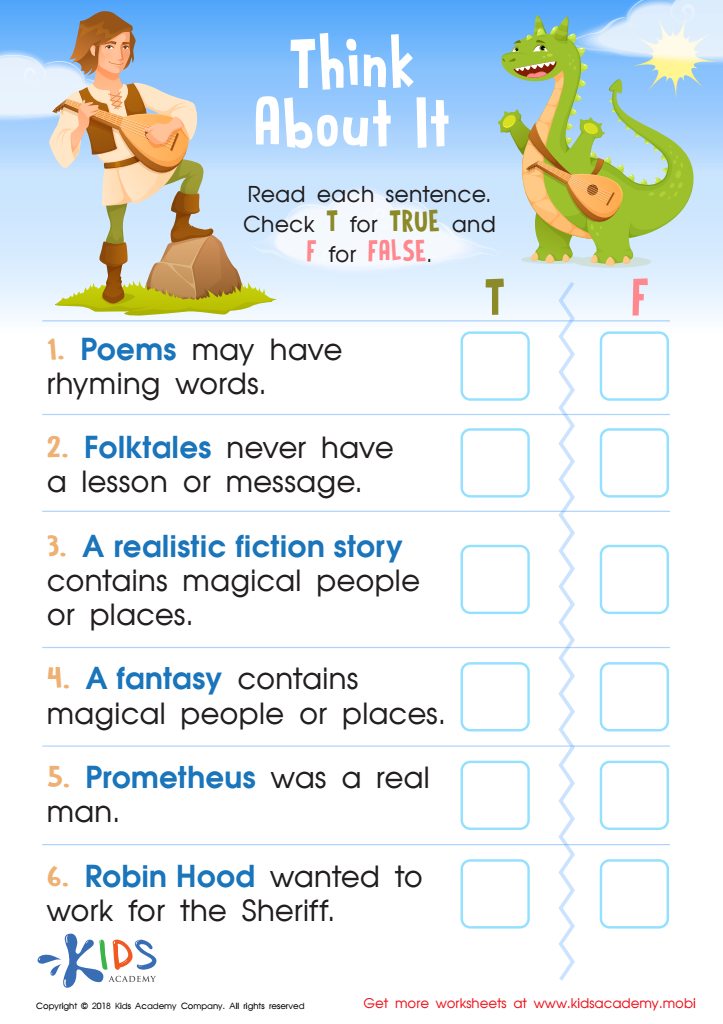

Think About It: Assessment Worksheet
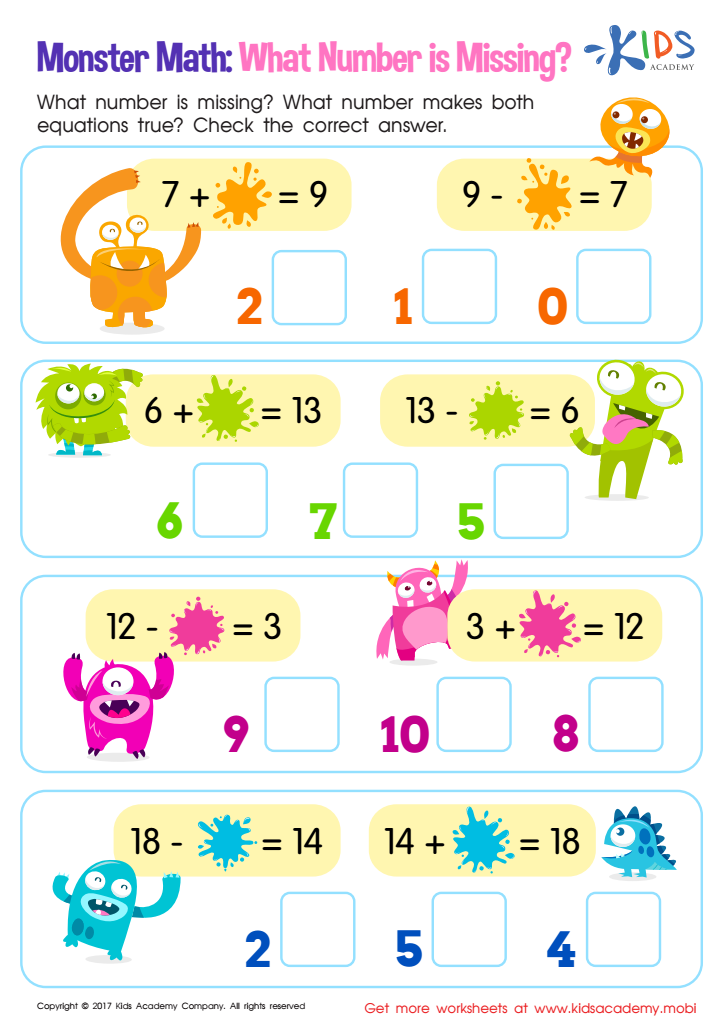

Missing Number: Monster Math Worksheet
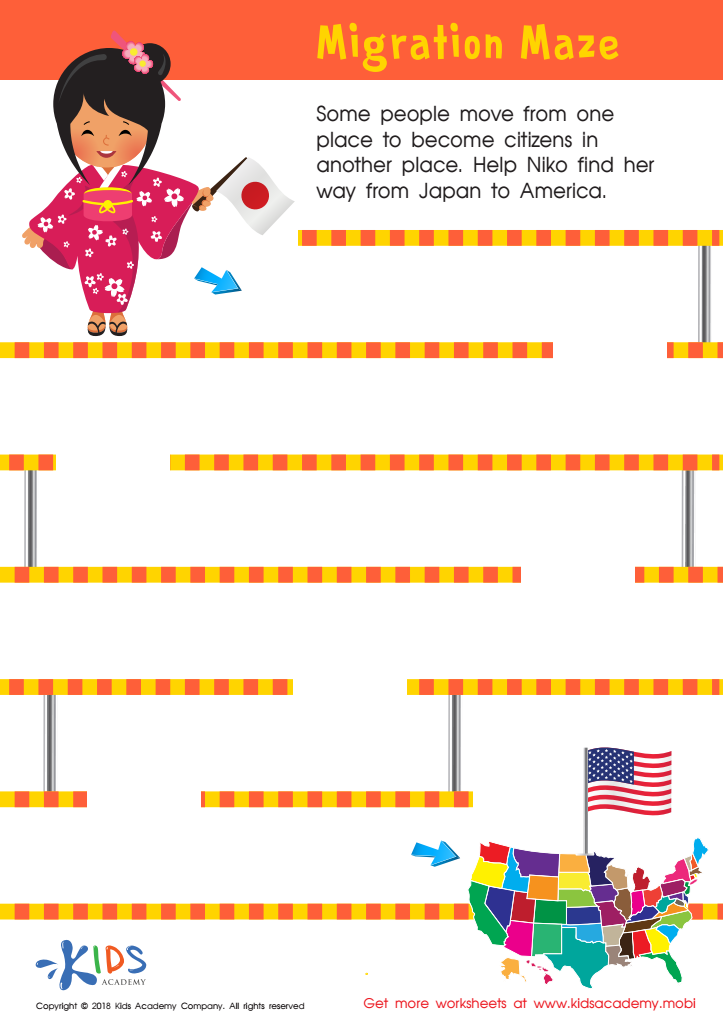

Migration Maze Worksheet
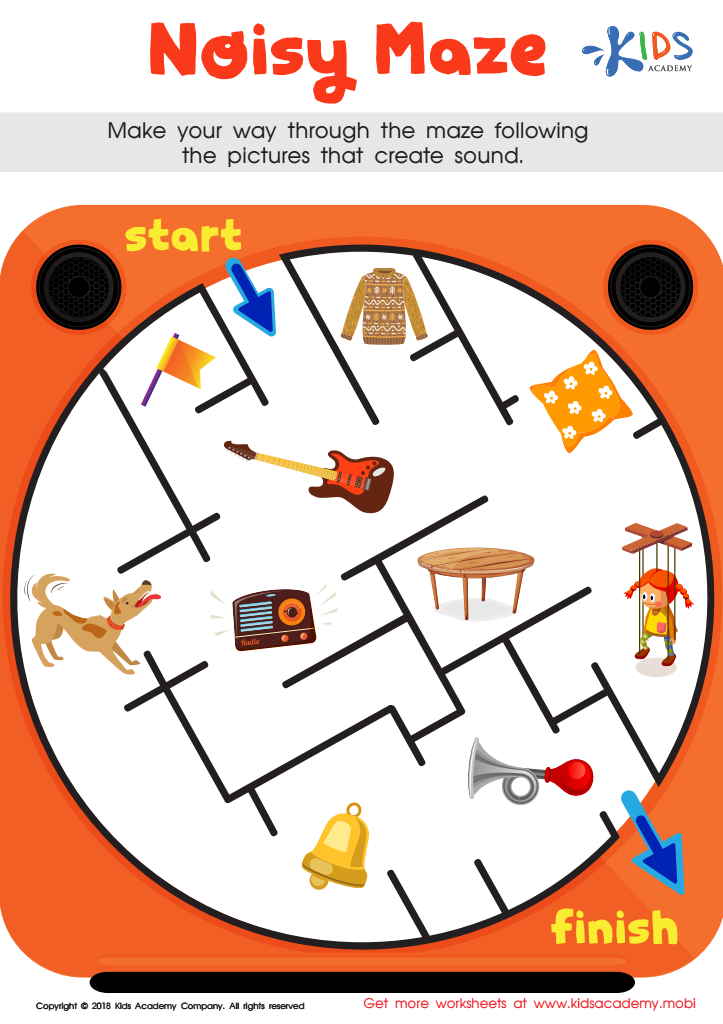

Noisy Maze Worksheet
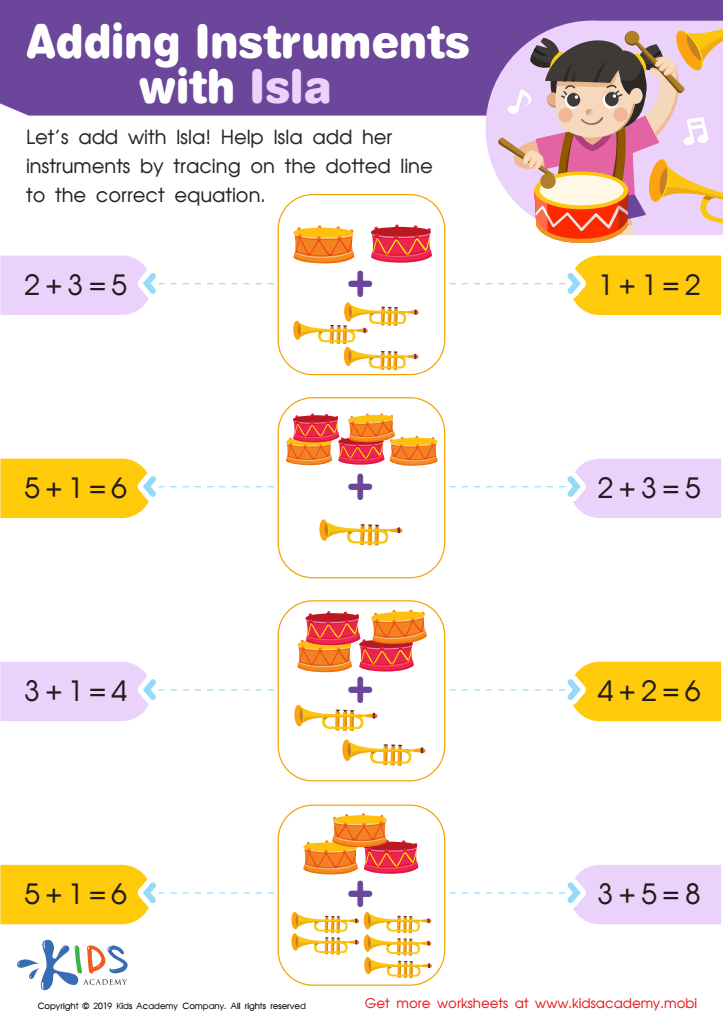

Adding Instruments with Isla Worksheet
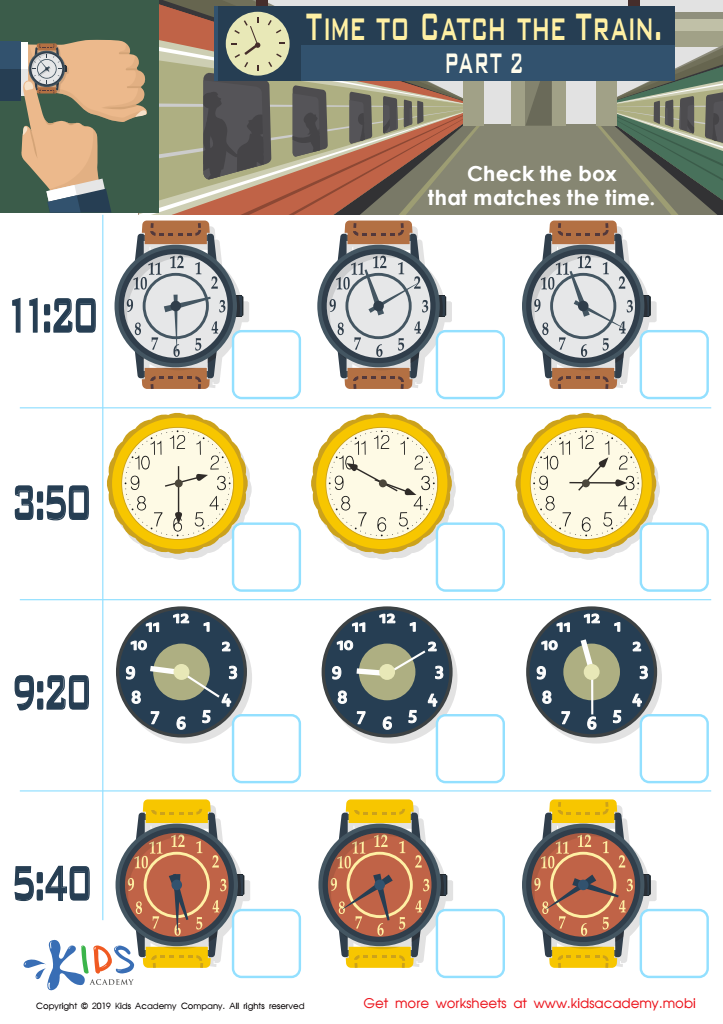

Time to Catch the Train Part 2 Worksheet
Parents and teachers should care about developing problem-solving skills in children aged 3-9 because these skills are foundational for lifelong learning and personal development. At this age, children are naturally curious and eager to understand the world around them. Encouraging problem-solving helps them learn how to think critically, approach challenges methodically, and cultivate resilience.
By fostering these skills, we empower children to become independent thinkers. They learn to analyze situations, generate solutions, and evaluate outcomes. These abilities enhance their cognitive development, promoting creativity and innovation. As they encounter and overcome obstacles, children also build self-confidence, understanding that challenges can be surmounted.
Moreover, strong problem-solving skills are linked to academic success. Children who engage in meaningful problem-solving activities tend to develop better math and literacy skills. Socially, these skills foster collaboration and communication, helping children interact positively with peers, which is essential for future relationship building.
In a broader context, nurturing problem-solving supports emotional intelligence, teaching children how to cope with frustration and disappointment. By investing time in honing these skills early on, parents and teachers lay the groundwork for children to navigate the complexities of life effectively.

 Assign to My Students
Assign to My Students

















